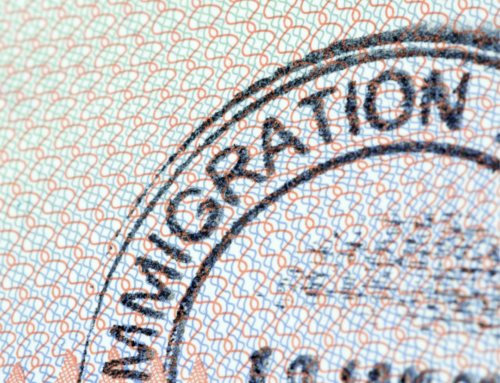Whether you or someone you know is going through a ‘refugee process’, there is important information to gather. Considering that the topic of immigration is severe and can come with challenges, we strongly encourage you to contact an experienced immigration attorney that will be able to represent you through the process. Continue reading to learn more about what may occur during a refugee process.
What is a refugee?
A refugee is an individual who:
- Resides out of the United States.
- Has not relocated to another country.
- Is acceptable to enter the United States.
- Is considered to have a ‘special humanitarian concern’ to the United States.
- Can reveal that they were being persecuted or fear they will be persecuted based on their race, religion, nationality, or political opinion.
The process a refugee could expect:
Although every immigration process is different for every individual, certain factors seem to overlap for many. To be considered a ‘refugee’, the individual must:
- Get a referral to the U.S. Refugee Admissions Program (USRAP). If you would like to know more information regarding the criteria for the referral, please see the USRAP Consultation and Worldwide Processing Priorities page.
- Once the referral has been received, an application can be filled out. Often, refugees will receive assistance filling out their applications.
- After filling out the application, the applicant should expect to be interviewed by a USCIS officer, who will determine the status of the refugee application, ultimately deciding if they are eligible for refugee resettlement.
Can you include family members in your application?
Yes, in certain instances, an applicant may include family members in your application. Typically, only spouses and children who are unmarried and under the age of 21 can be included in the application. There are seldom times when applicants are allowed to have other family members; however, this is not too common.
Is there a fee?
No, currently, there is no fee that an applicant must pay to apply for refugee status. Note: Any information you share during your application process will not be shared with your country.
What happens once you have been approved?
Once your refugee application has been approved, you can expect to:
- Have a medical evaluation and exam.
- Go through a cultural orientation.
- Receive assistance with your travel plans to the United States.
You’ve arrived; what’s next?
Upon arrival to the United States, refugees are eligible to receive both medical and monetary assistance. Please visit the Office of Refugee Resettlement website to learn more about the benefits available to refugees. After you have become settled in the U.S., you can eventually go through a ‘Lawful Permanent Resident’ (LPR) process. We have covered this topic previously. To learn more about LPR, visit our website today.
Can you work as a refugee?
Yes! As a refugee, you can work in the United States immediately. Be sure to follow the necessary procedures to legally and lawfully become employed in the U.S. as a refugee. Form I-94, which contains a refugee admission stamp, will be provided, as well as Form I-765. The forms listed above will include an Employment Authorization Document (EAD), which is what will allow you to become employed as a refugee legally. If you are still going through the process and have not yet received your EAD, you may show proof to your employer by:
- Provide them with your I-94 form and,
- Your Arrival-Departure Record.
Your employer will need both of these documents for you to have permission to work in the U.S.
If you, a family member, or a loved one expect to go through a refugee process, Rivera Law is here to help! Please don’t go through your immigration challenges alone. Call our office at 561-651-9322 today.







Hello! I simply wish to give you a big thumbs up for the excellent info you have right here on this post. I will be coming back to your web site for more soon.